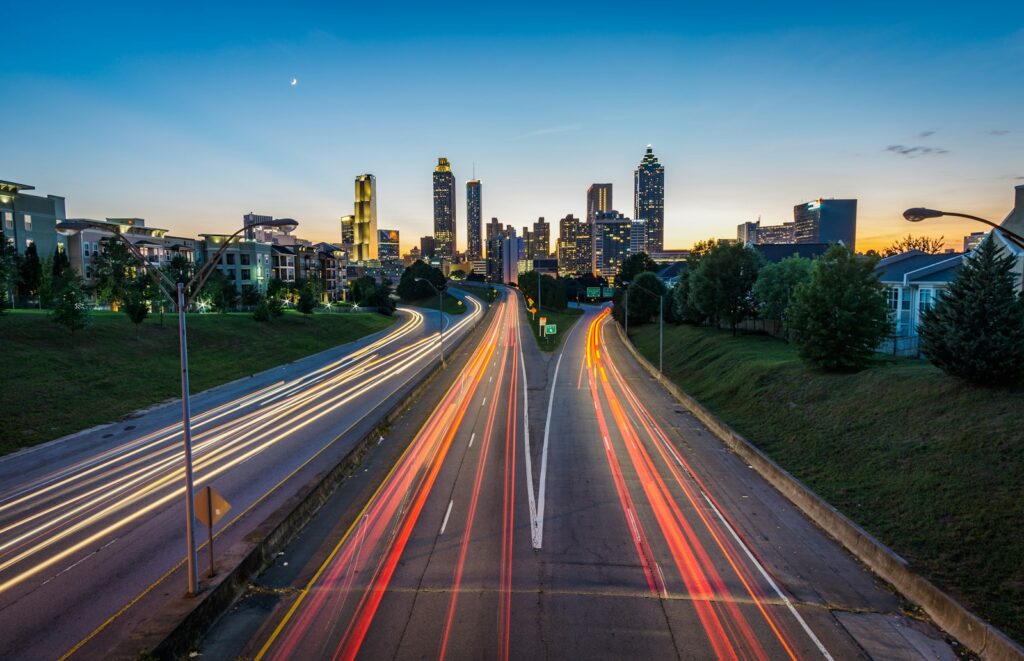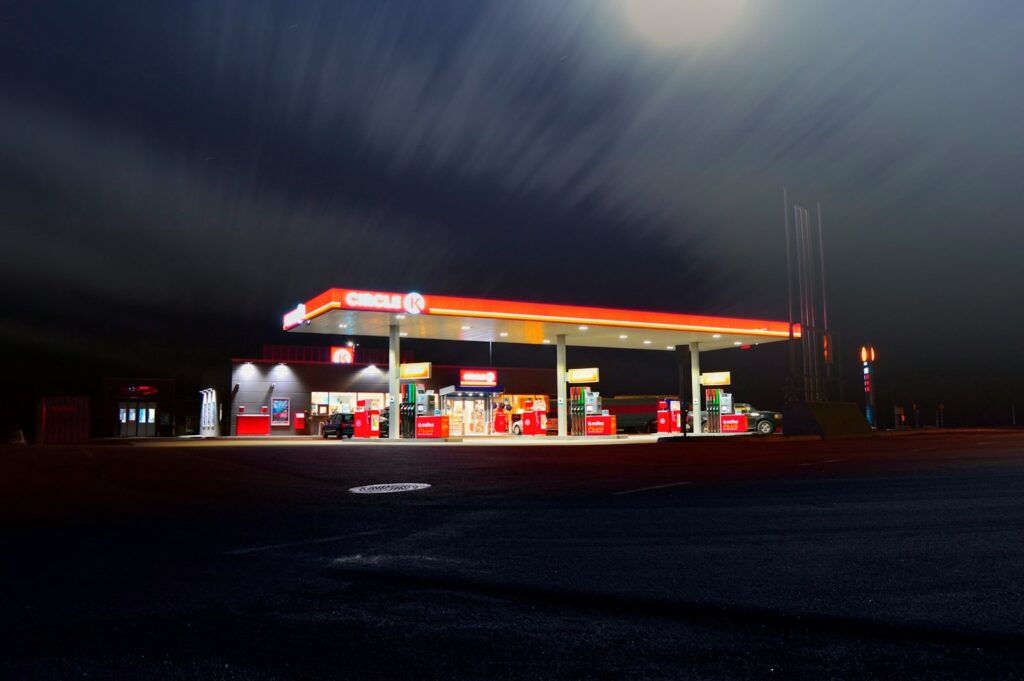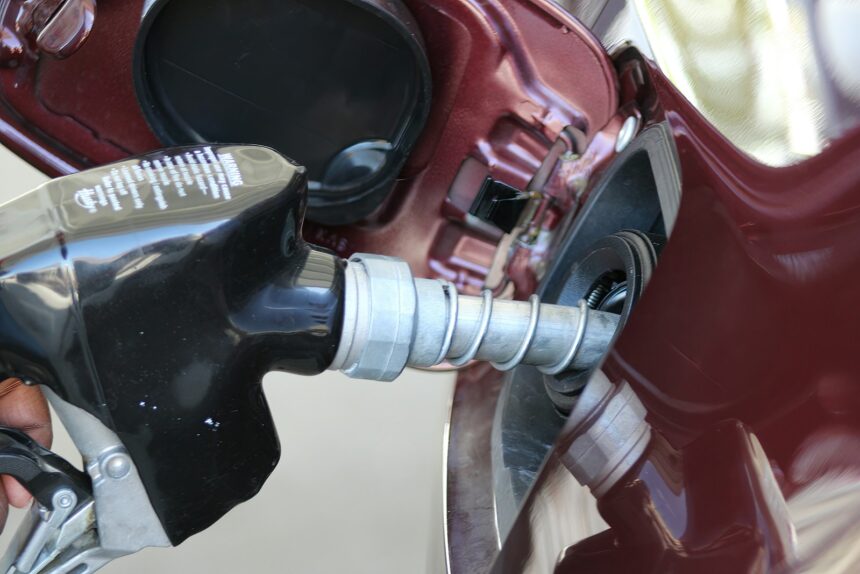New Delhi’s spring didn’t bring just warmer days—it ushered in sweeping measures changing how residents drive. In the city once known more for its rich culture than its air quality, the government has imposed a ban on fuel for cars older than 15 years.
This enforcement, effective from April 1, prohibits any driver in New Delhi with a car over 15 years old from purchasing fuel. The systems at petrol stations automatically scan vehicle license plates and instantly refuse service when a car falls under the ban. Critics may see this as harsh, but in Delhi—with its frequent air quality crises and chaotic traffic—it’s deemed necessary.
Why Such a Drastic Move?

Delhi’s pollution levels regularly climb into the hazardous zone, especially during winter when a dense smog blanket disrupts daily life. Schools close, flights are canceled, and public health takes a severe hit. The new fuel ban builds on a 2018 Supreme Court ruling, which first prohibited petrol cars older than 15 years and diesel cars over 10 years from being used.
Stations say the technology needed to enforce the rule was already in place—license plate readers just gained additional software—so the measure adds little operational hassle but significant enforcement power.
Other Steps Toward Cleaner Air
Delhi’s efforts extend beyond vehicle restrictions. By 2025, the city aims to convert nearly all compressed natural gas (CNG) buses to electric models—making up about 90% of the public transport fleet. This switch is expected not only to cut emissions dramatically but also to spur growth in clean-energy manufacturing.
Delhi is also experimenting with cloud seeding—spraying chemicals into clouds to produce artificial rainfall that clears airborne pollutants. Similar techniques are in use in China, Saudi Arabia, and the UAE to reduce smog and boost water supplies.
When Pollution Grounds Flights

The urgency of these measures is clear. In November 2024, visibility at New Delhi’s Indira Gandhi Airport dropped to 100 meters, forcing cancellations of dozens of flights, marooning passengers, and causing significant economic losses. Smog has become not just an environmental issue—but a serious economic, social, and institutional threat.
Is Europe Heading Down the Same Road?
Cities across Europe have implemented milder measures. Germany restricts older diesel vehicles in city centers. Cities in France and the Netherlands are rolling out low-emission green zones. But none have yet adopted the comprehensive fuel ban that New Delhi has enacted.
Given global climate pressure and rising public demand for cleaner urban air, European capitals may soon need to consider tougher actions. India’s decisive turn may not just be a drastic case study—it could serve as a bold blueprint for combating systemic pollution with bold policy.







